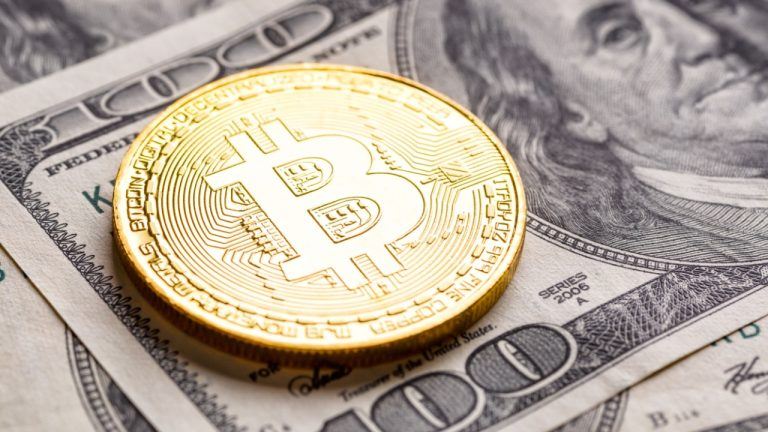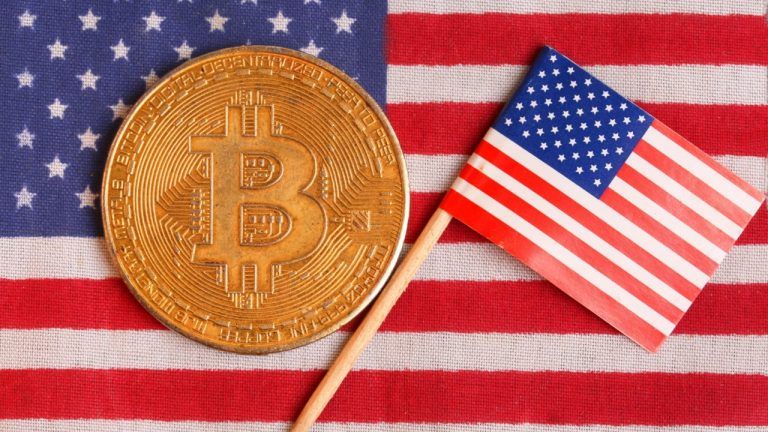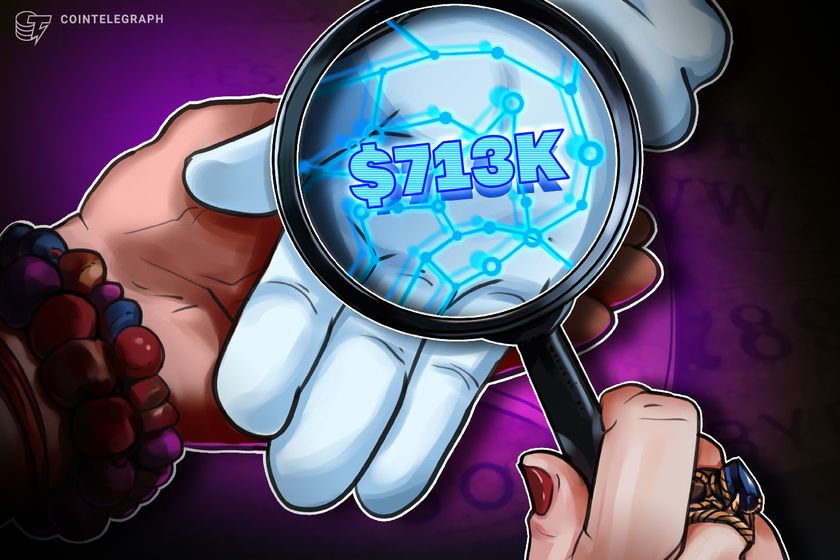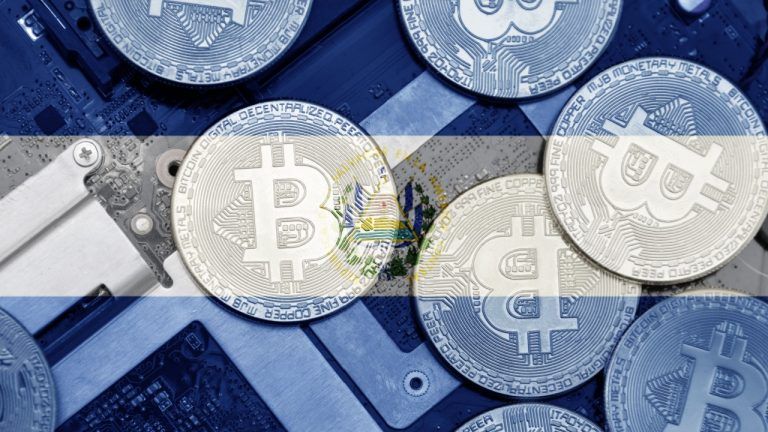
Key Takeaways
- Grayscale’s XRP trust targets accredited investors, which is different from an ETF.
- The company has been instrumental in bringing crypto ETFs to Wall Street.
Share this article
Grayscale, the world’s leading crypto asset manager, is launching a closed-end XRP trust in the US, aiming to offer accredited investors direct exposure to Ripple’s XRP token, according to a Thursday press release.
“We believe Grayscale XRP Trust gives investors exposure to a protocol with an important real-world use case,” said Grayscale’s Head of Product & Research, Rayhaneh Sharif-Askary. “By facilitating cross-border payments that take just seconds to complete, XRP has the potential to transform the legacy financial infrastructure.”
Unlike an exchange-traded fund (ETF), which requires the approval of the Securities and Exchange Commission (SEC), the closed-end fund targets a specific investor group with fewer regulatory constraints. But this also means that the XRP trust could potentially be converted into an ETF with regulatory approval.
According to a separate report from FOX Business, Grayscale has left open the possibility of converting the new trust into an ETF. The firm has not issued any public statements regarding that possibility.
Grayscale has successfully converted its Bitcoin and Ethereum trust funds into ETFs. Its Grayscale Bitcoin Trust (GBTC) and Grayscale Ethereum Trust (ETHE) are among the leading investment vehicles for institutional and individual investors seeking exposure to Bitcoin and Ethereum, respectively.
The launch comes at a time when the legal battle between Ripple and the SEC approaches the finish line. XRP tokens, which were previously classified as securities by the SEC, have been ruled as non-securities when sold to retail investors on exchanges (programmatic sales).
In contrast, the court found that Ripple’s sales of XRP to institutional investors pursuant to written agreements were investment contracts and thus securities offerings. The company has been ordered to pay a $125 million civil penalty to settle its case with the SEC.
This is a developing story. We’ll provide updates as we learn more.
Share this article
Go to Source
Author: Vivian Nguyen









